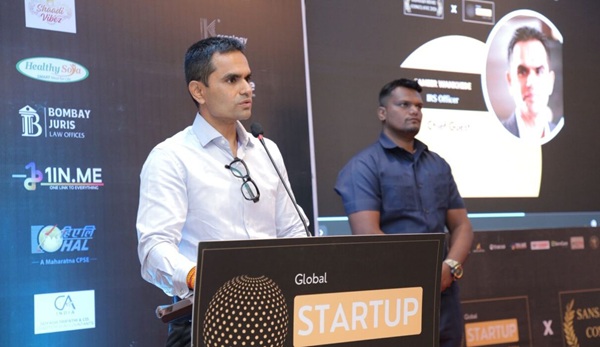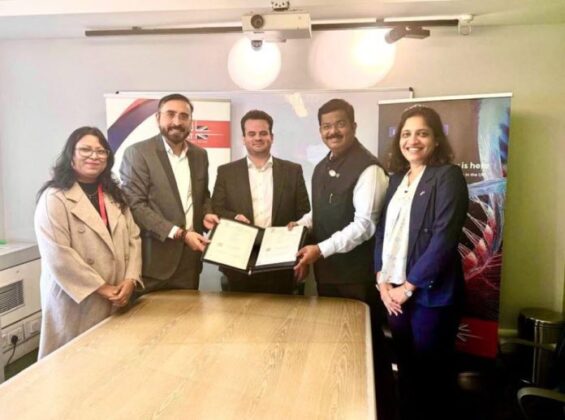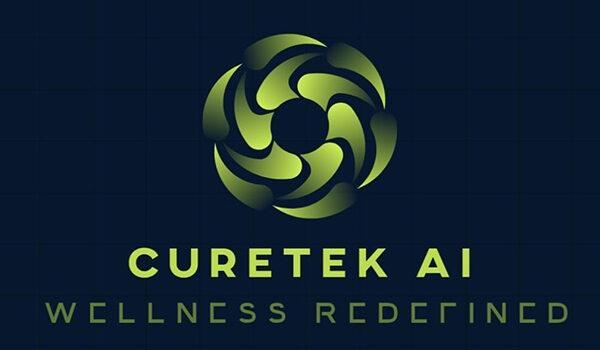
Noida, India — 15 January, 2026 – Ikris Pharma Network announced the availability of Triokris™ (Trientine Dihydrochloride 250 mg Capsules), a therapeutic option for patients diagnosed with Wilson’s Disease, a rare inherited disorder of copper metabolism. Triokris is designed to support clinicians in the management of patients requiring chelation therapy, especially in cases where first-line agents are contraindicated or not tolerated.
Wilson’s Disease is a progressive condition that, if untreated, can lead to severe hepatic, neurological, and psychiatric complications due to toxic copper accumulation. Early diagnosis and long-term treatment are critical for achieving meaningful clinical outcomes.
Triokris (Trientine Dihydrochloride) is recognized internationally as a well-established chelating agent with a long-standing clinical history. It is widely used across the United States, Europe, India, and multiple global regions for the management of Wilson’s Disease. The formulation is known for its stability profile and predictable absorption characteristics.
Intended Audience Notice: This announcement is intended for healthcare professionals, hospitals, and authorized importers involved in the treatment and management of Wilson’s disease.
Key Highlights:
- Triokris™ (Trientine Dihydrochloride 250 mg) is now available via Named Patient import pathways
- Supports patients with Wilson’s disease who are intolerant to first-line therapy
- Supplied under full regulatory compliance with complete quality documentation
- Backed by GDP-aligned global logistics and pharmacovigilance oversight
Commitment to Rare Disease Care
Addressing the importance of patient access, Mr. Praveen Sikri, Founder & CEO, and Mr. Bharat Sikri, Director of Ikris Pharma Network, stated:
“Our focus has always been on supporting physicians and hospitals managing complex and rare conditions. With Triokris, we are helping enable access to a globally trusted chelation therapy for patients living with Wilson’s Disease, through compliant and well-structured pathways.”
Through its global sourcing network and regulatory-compliant import pathways, Ikris Pharma Network facilitates access to essential therapies in alignment with the Drugs & Cosmetics Act, ensuring product authenticity, full documentation, and cold-chain integrity where required.
About Triokris™ (Trientine Dihydrochloride)
Triokris is an oral chelating agent used for the removal of excess copper from the body. It is typically considered in:
- Patients with intolerance to D-Penicillamine
- Patients requiring maintenance therapy
- Clinical scenarios where a stable, predictable chelator is preferred
The formulation consists of 250 mg of Trientine Dihydrochloride, developed to meet internationally accepted quality standards. Triokris is not intended to replace the clinical judgment of healthcare professionals, and treatment decisions should always be guided by a physician experienced in managing Wilson’s Disease.
Strengthening Access Through Regulatory Compliance
Ikris Pharma Network operates under strict adherence to Indian regulatory frameworks, ensuring that medicines supplied under the Named Patient Import Program follow mandated approval processes, documentation, batch traceability, and patient safety safeguards.
The organization collaborates with global manufacturers and GDP-compliant logistics partners to maintain integrity from dispatch to delivery. Each supply is backed by relevant quality documents.
A Step Forward for the Wilson’s Disease Community
The introduction of Triokris underscores Ikris Pharma Network’s mission to improve treatment access for underserved patient populations. The company continues to work closely with hepatologists, neurologists, rare disease centers, and patient support groups to strengthen awareness and early management of Wilson’s Disease.
About Ikris Pharma Network
Ikris Pharma Network is a global pharmaceutical services organization specializing in Named Patient Access, Rare Disease Medicines, Generic Medicine Export, RLD/Comparator Drug Supply, and Clinical Trial Support. The company partners with hospitals, physicians, and leading pharmaceutical manufacturers across the world to enable compliant access to hard-to-find therapies worldwide.
The company operates from its global headquarters in India and has established offices in Belgium, Bulgaria, and Hong Kong, supported by two strategic pharmaceutical warehouses in Europe. Ikris ensures end-to-end regulatory compliance, GDP-aligned supply-chain operations, and robust pharmacovigilance practices across all markets it serves.
Safety Reporting Information:
For any suspected adverse events or side effects associated with the use of Triokris™, healthcare professionals and patients are encouraged to report them by contacting drugsafety@ikrispharmanetwork.com.
Reporting safety information supports ongoing pharmacovigilance activities and helps ensure the continued safe and appropriate use of the medicine.
Disclaimer:
This material is provided for informational purposes only. Triokris™ is supplied in accordance with applicable regulatory requirements. Treatment decisions must be made by qualified healthcare professionals based on individual patient needs.
Media Contact:
Ikris Pharma Network Pvt. Ltd.
Email: info@ikrispharmanetwork.com
Website: www.ikrispharmanetwork.com
TOLL-FREE: 1800 1200 365













